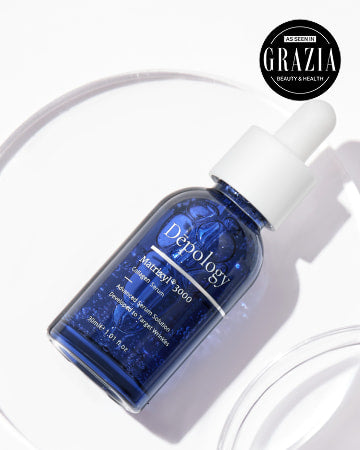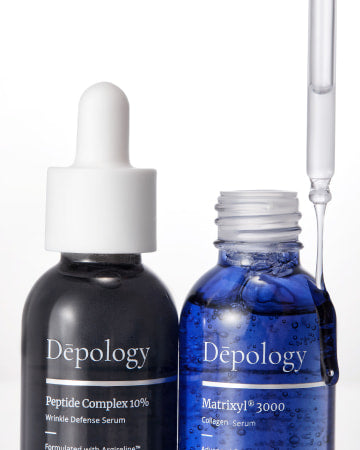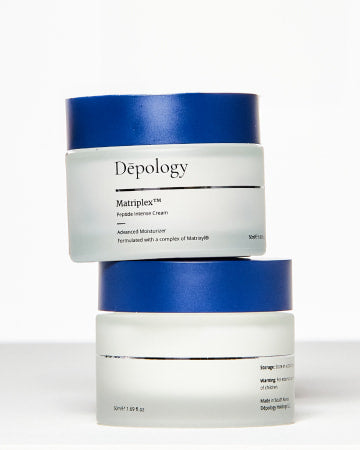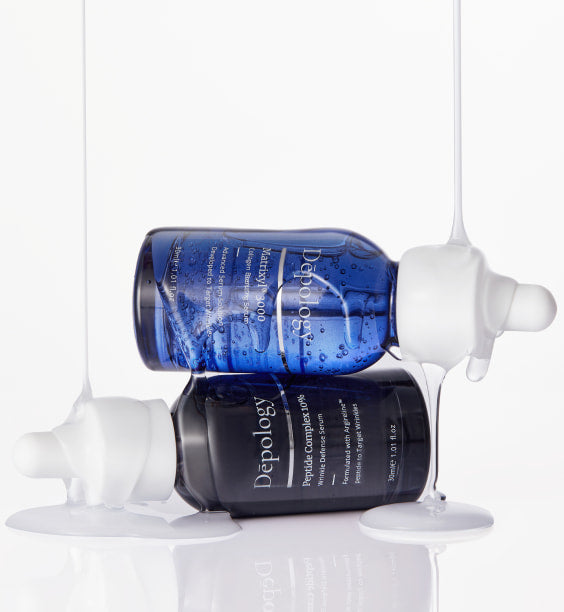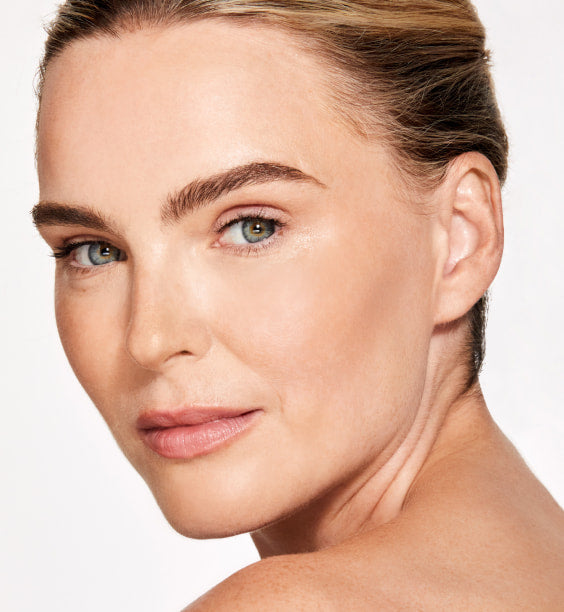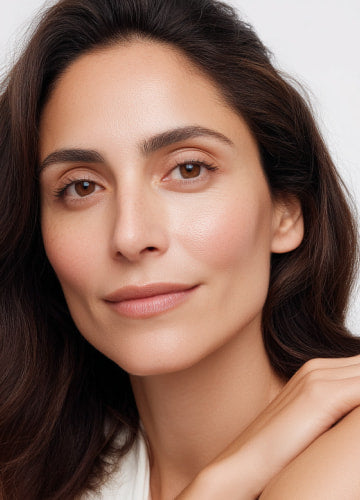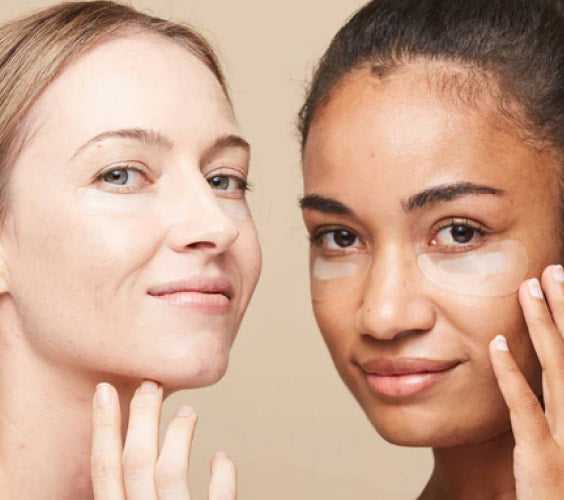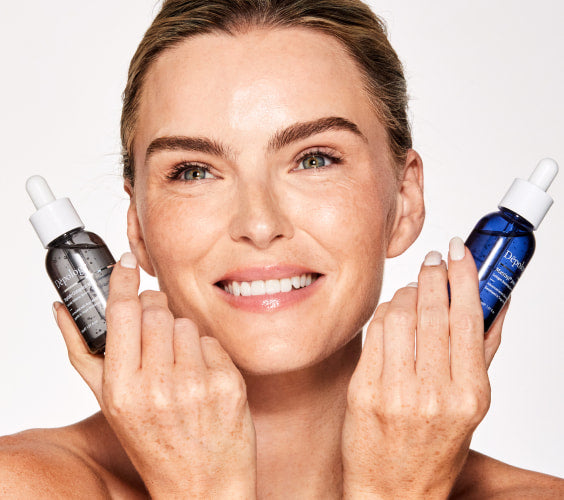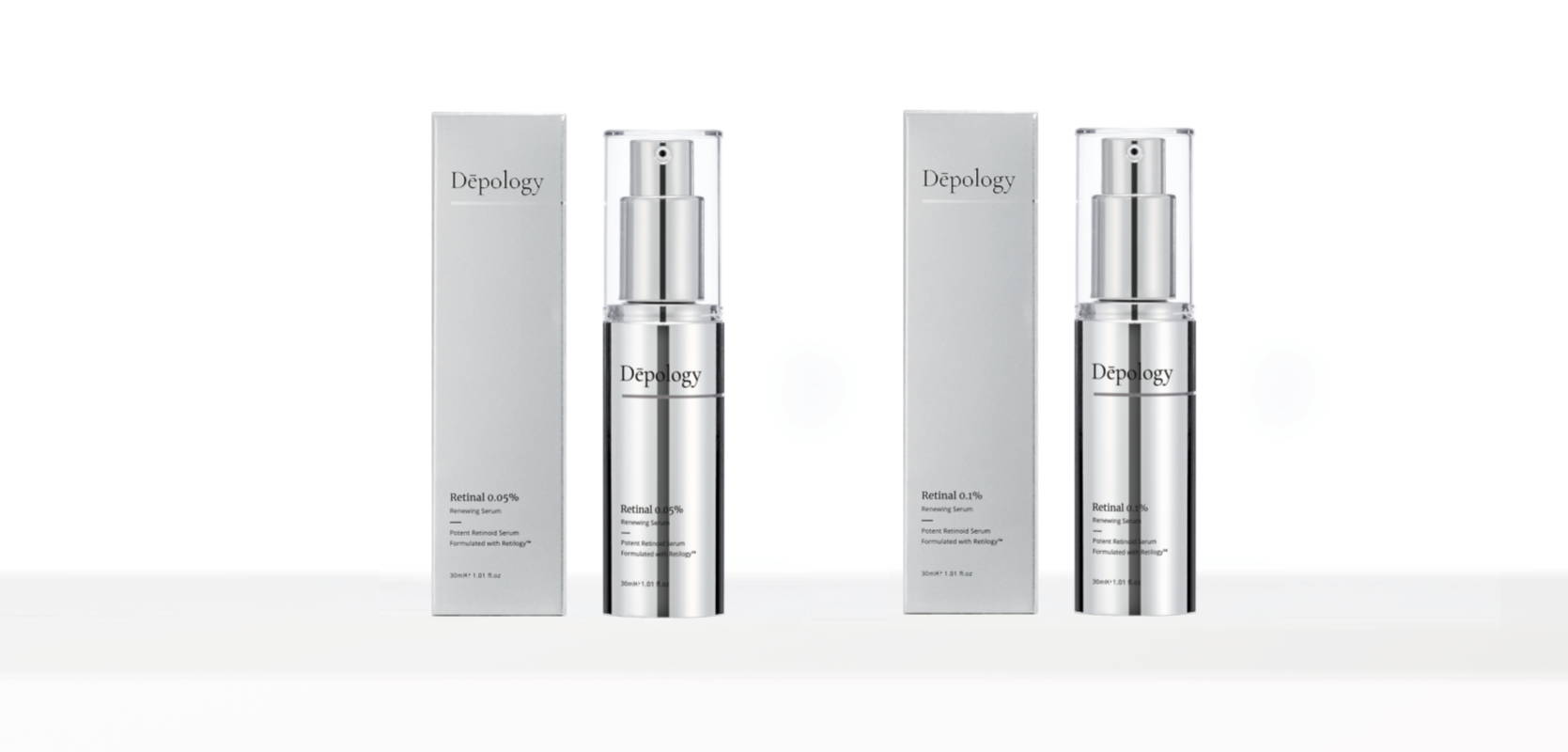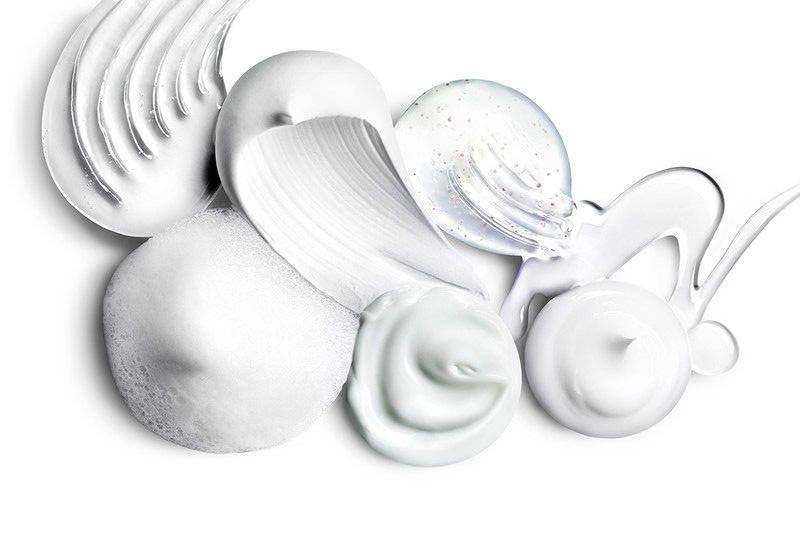
Ceramides vs Peptides: Understanding the Differences
In the world of skincare, two powerhouse ingredients often take center stage — ceramides and peptides. While they may sound like scientific buzzwords, both play essential yet distinct roles in maintaining the skin’s health, strength, and youthful appearance. Understanding the difference between them can help you build a smarter, more effective skincare routine.
What Are Ceramides?
Ceramides are naturally occurring lipids — or fats — that make up more than 50% of the skin’s outer layer.
Think of them as the “mortar” that holds your skin cells (the “bricks”) together. Without enough ceramides, the skin barrier weakens, leading to dryness, sensitivity, and irritation.
Key benefits of ceramides include:
-
Strengthen and restore the skin barrier
-
Prevent moisture loss and dryness
-
Calm and soothe sensitive or compromised skin
-
Protect against environmental aggressors
Ceramides are ideal for anyone with dry, sensitive, or mature skin — and they’re especially beneficial after using exfoliating or active ingredients, as they help the skin recover and retain hydration.
What Are Peptides?
Peptides are short chains of amino acids — the building blocks of proteins like collagen and elastin.
They act as cell messengers, signaling your skin to produce more collagen, repair damage, and maintain elasticity.
Key benefits of peptides include:
-
Boost collagen and elastin production
-
Smooth fine lines and improve firmness
-
Enhance skin texture and resilience
-
Support the skin’s natural repair process
Different types of peptides serve different purposes. For instance, Matrixyl® 3000 helps reduce visible wrinkles, while Argireline™ focuses on expression lines and relaxation of facial tension.
Ceramides vs Peptides: The Core Difference
| Feature | Ceramides | Peptides |
|---|---|---|
| Primary Function | Strengthen the skin barrier | Stimulate collagen production |
| Main Benefit | Hydration, protection, barrier repair | Firmness, anti-aging, rejuvenation |
| Best For | Dry, sensitive, or compromised skin | Mature or dull skin with fine lines |
| When to Use | After actives or exfoliants to restore moisture | In daily routines to maintain youthful tone |
In essence, ceramides protect, while peptides renew. Both are crucial pillars in maintaining skin health — one focuses on shielding and moisture retention, the other on regeneration and firmness.
Can You Use Ceramides and Peptides Together?
Absolutely. In fact, combining ceramides and peptides can create a powerful synergy.
Peptides encourage collagen renewal from within, while ceramides lock in hydration and reinforce the outer barrier — helping the skin remain firm, smooth, and resilient.
Here’s how to layer them effectively:
-
Apply peptide serums after cleansing and toning.
-
Follow with a ceramide-rich moisturizer to seal in the actives and restore balance.
This layering ensures your skin benefits from both repair and protection.
Recommended Products from Depology
To make the most of both ingredients, consider incorporating these Depology essentials into your routine:
1. Matrixyl® 3000 Collagen Boosting Serum
→ Powered by advanced peptides to visibly firm and reduce fine lines.
Promotes smoother texture and long-term collagen support.
2. Caviar Collagen Revitalizing Serum
→ A luxurious blend of marine collagen and peptides to restore elasticity and hydration, giving the skin a youthful glow.
3. Barrier Repair Moisturizer (coming soon / or your barrier-focused product)
→ Enriched with ceramides to lock in moisture, strengthen the skin barrier, and soothe after actives like retinol or acids.
When used together, these formulations deliver comprehensive care — targeting both the surface and deeper layers of your skin.
Final Thoughts
Ceramides and peptides are not competitors — they’re partners in achieving healthy, youthful skin.
Peptides rebuild what time diminishes, while ceramides preserve what your skin naturally protects.
For optimal results, include both in your daily regimen to keep your skin smooth, resilient, and radiant.


